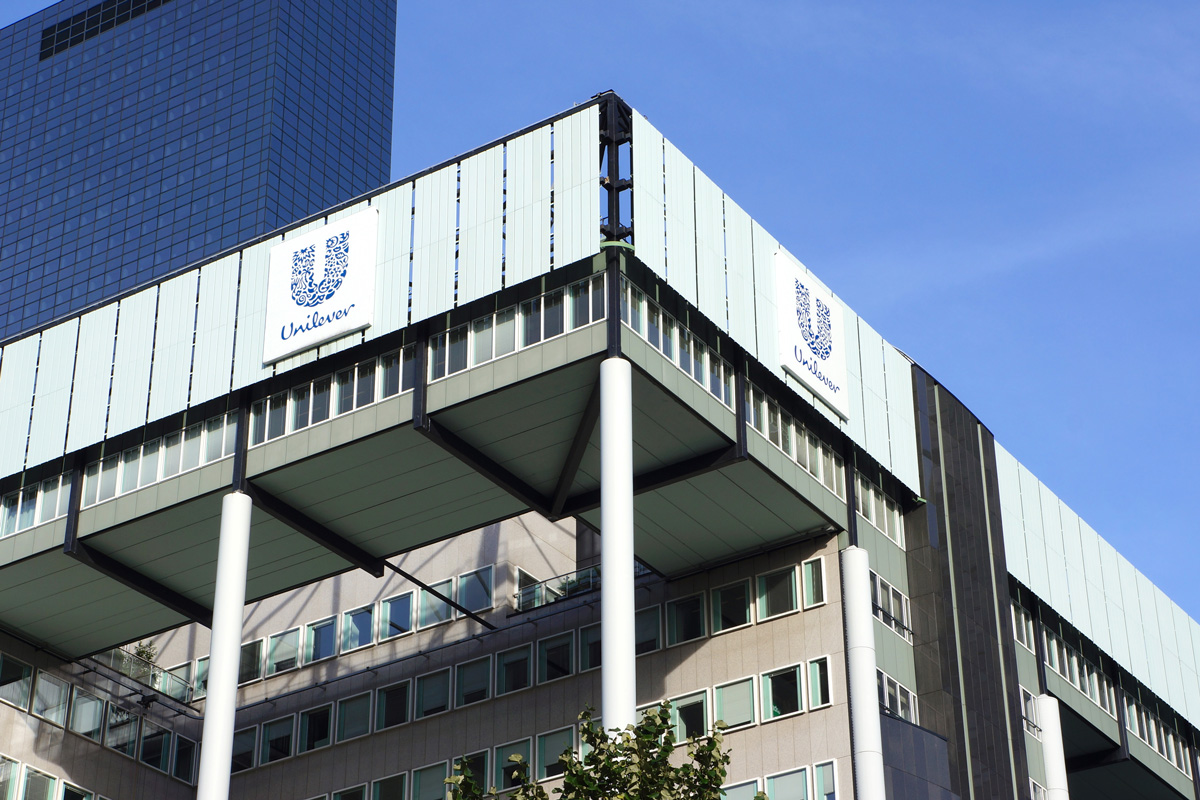Navigating the Future
As we enter the promising landscape of 2024, the domain of marketing and advertising teeters on the brink of significant transformations.
The majority of people in India, feel positively about Unilever’s commitment: they agree that removing the word “normal” would inspire them to feel more positive.

Almost two in three people in India (64%) agree that the beauty and personal care industry makes certain people feel excluded. (Photo: iStock)
Unilever on Tuesday announced it will eliminate the word “normal” from all of its beauty and personal care brands packaging and advertising.
In addition to removing the word “normal”, Unilever will not digitally alter a person’s body shape, size, proportion, or skin colour in its brand advertising, and will increase the number of advertisements portraying people from diverse groups who are under-represented.
Advertisement
“The decision to remove ‘normal’ is one of many steps that we are taking to challenge narrow beauty ideals, as we work towards helping to end discrimination and advocating for a more inclusive vision of beauty. It comes as global research into people’s experiences of the beauty industry reveals that using ‘normal’ to describe hair or skin makes most people feel excluded”, Unilever said.
Advertisement
“Positive Beauty, which sets out several progressive commitments and actions for our beauty and personal care brands, including Dove, Lifebuoy, Axe and Sunsilk, will champion a new era of beauty which is equitable and inclusive, as well as sustainable for the planet,” the company announced.
A Unilever survey showed that in India, making products that cater to all people is recognised as one of the most pressing challenges that the beauty and personal care industry should address; only behind making products affordable for all and being transparent on what ingredients are included.
Almost two in three people in India (64%) agree that the beauty and personal care industry makes certain people feel excluded. Six in ten people in India (59%) say the industry makes certain people feel bad about the way they look and makes certain people feel bad about themselves (59%).
The beauty industry is seen as contributing to the spread of narrow beauty ideals: over six in ten people in India (63%) agree that the BPC industry shares narrow beauty ideals, and two in three (66%) think that the industry pressurising people into thinking they need to look a certain way contributes to narrow beauty ideals.
The majority of people in India agree that the BPC industry still has some way to go in representing people of various body types (76%), people from different age groups (77%) people from different ethnicities (74%) and people from the LGBTQIA+ community (67%).
Over eight in ten people (83%) think that using the word “normal” on beauty product packaging and in advertising has a negative impact on people. This includes making people who don’t feel as though they have “normal hair” or “normal skin” feel excluded or feel bad about themselves.
The majority of people in India, feel positively about Unilever’s commitment: they agree that removing the word “normal” would inspire them to feel more positive about the way they look (70%), believe that it is the right thing to do (69%), and feel positively about the company behind it (67%).
The trend is clear: two in three people in India (65%) say they now pay more attention to a company’s stance on societal issues before they buy products than they used to. Six in ten people there (63%) will not buy a product if they do not agree with the company’s vision of D&I, even if the company offers the best price.
Sunny Jain, President Beauty & Personal Care, said: “With one billion people using our beauty and personal care products every day, and even more seeing our advertising, our brands have the power to make a real difference to people’s lives. As part of this, we are committed to tackling harmful norms and stereotypes and shaping a broader, far more inclusive definition of beauty.
“We know that removing ‘normal’ from our products and packaging will not fix the problem alone, but it is an important step forward. It’s just one of a number of actions we are taking as part of our Positive Beauty vision, which aims not only to do less harm, but more good for both people and the planet”.
Advertisement